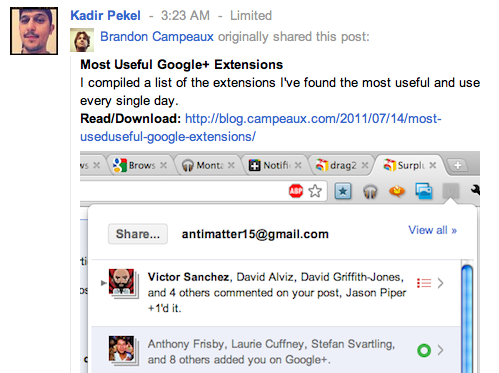I got fired many years ago while working as a web developer. I won’t go into who or where. This is just a description of what it’s like to be fired and how to cope afterwards.
I am hoping this will help some folks out there for when this tech bubble bursts and more firings occur.
When I got fired many years ago in the 90s, it was a surprise to me. My boss the previous week had told me what a great coder I was. The CFO and CTO met with me in a room. They told me the cause for my termination and then said, “Because of that, we have to terminate your employment.”
They gave me 2 papers to sign. One was the grounds under which I would receive severance (i.e. do not mention that we fired you for 7 years), and the other mentioned that I had to exercise my stock options in 1 month or forfeit them. I signed both papers with tears almost ready to start running down my face while the CTO said, “I had nothing to do with this.”
If you get fired, 3 awful things happen if you are a coder:
1. In the startup, tech community, if you get fired, you become a persona non grata. That means all the social circles I had booted me out. I literally had to start from zero.
2. You cannot use the employer who fired you as a reference.
3. I know there’s no techie blacklist but the only 2 jobs I could find were as a spam engineer or in a totally different industry. I chose the latter.
I don’t regret getting fired. I became a wandering gypsy coder for a few years and saw different parts of the world. It takes awhile until you get enough experience so that gap of where you got fired is in the deep past. Also getting fired is something that shouldn’t come as a surprise. I’ve learned how to spot when a firing will happen. Here are some major signs:
1. You are scapegoated. Or have insurmountable personal difficulties that just can’t be ameliorated. If this is you, it’s best to just get out of Dodge. Develop more social skills.
2. You failed to deliver on a big project. There are two solutions: immediately work on a project that is in trouble. This is rough but if you make it succeed, then folks will forget the failure. The other solution is just leave.
3. Your skills don’t really match your job. This is the main reason for most firings, but is the easiest to fix. Get more training!


